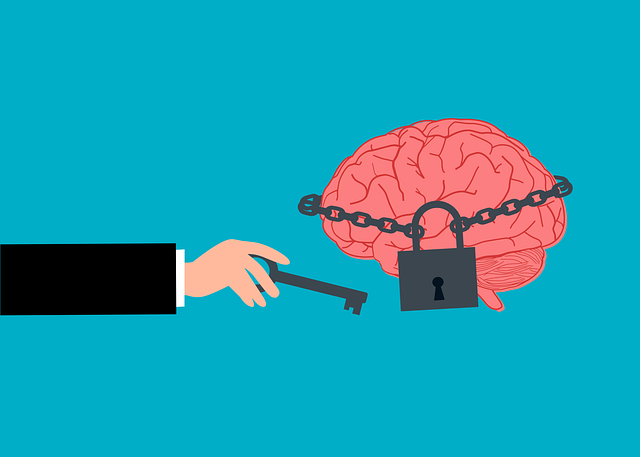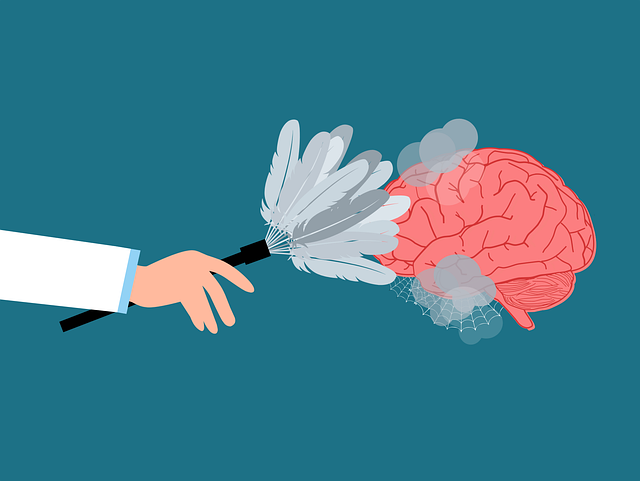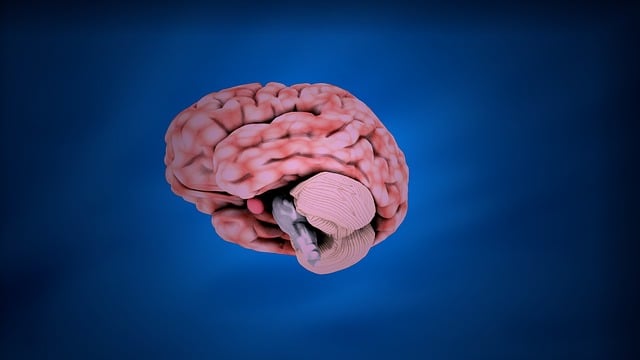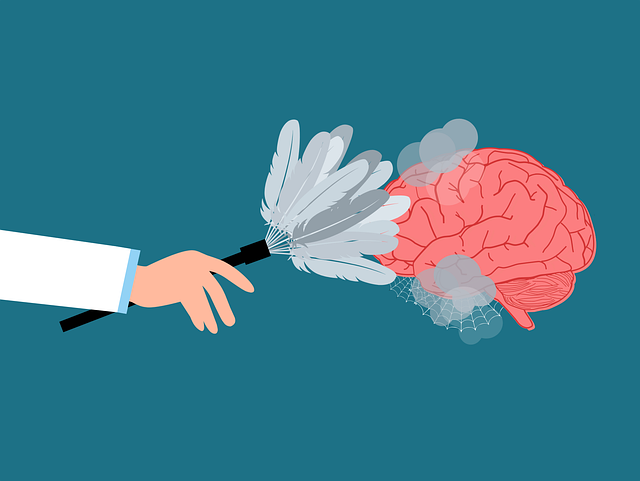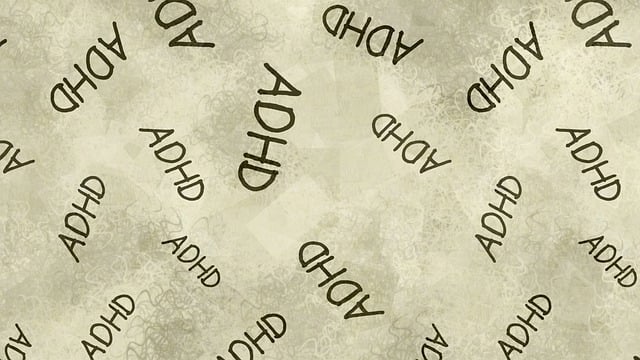Centennial Hebrew Speaking Therapy (CHST) offers a culturally sensitive mental health education program tailored for the Hebrew-speaking community. This initiative includes therapy sessions, workshops, and community outreach, focusing on building resilience, stress management, and open discussions about mental wellness. By incorporating traditional Hebrew values, addressing specific cultural stressors, and providing personalized journaling exercises, CHST ensures deep engagement and resonance. Interactive educational sessions with hands-on activities, group discussions, and mindfulness exercises enhance knowledge retention and create a supportive learning environment. Continuous evaluation of client and leader feedback ensures the program's relevance, making CHST a leading model for inclusive and effective therapy in the Hebrew-speaking community.
“Unveiling the power of mental health education, this article explores the intricate design of the Centennial Hebrew Speaking Therapy Program. By focusing on Mental Health Literacy, we establish a robust foundation for effective learning. We delve into cultural considerations essential for tailoring content to a Hebrew-speaking audience, ensuring inclusive and impactful teaching. Through interactive sessions, the program fosters engagement, addressing unique challenges. This comprehensive guide details the implementation and evaluation process, offering insights into the success of this innovative Centennial Hebrew Speaking Therapy initiative.”
- Understanding Mental Health Literacy: The Foundation of an Effective Program
- Tailoring Content for a Hebrew-Speaking Audience: Cultural Considerations
- Designing Interactive and Engaging Educational Sessions
- Implementing and Evaluating the Centennial Hebrew Speaking Therapy Program
Understanding Mental Health Literacy: The Foundation of an Effective Program

Mental health literacy is a crucial foundation for an effective education program, and at Centennial Hebrew Speaking Therapy, we recognize its profound impact on fostering well-being. It involves understanding mental health conditions, their causes, symptoms, and available treatments, as well as promoting effective coping strategies. This knowledge equips individuals to recognize when someone might be struggling and take appropriate action, breaking down stigma and encouraging early intervention.
An insightful mental health education program should go beyond basic awareness. It should incorporate empathy-building strategies to promote understanding and connection between individuals with different experiences. By teaching about mood management techniques and depression prevention, programs can empower people to take charge of their mental well-being. These skills are invaluable, ensuring that participants feel equipped to navigate life’s challenges and maintain a positive state of mind.
Tailoring Content for a Hebrew-Speaking Audience: Cultural Considerations

When designing a mental health education program for a Hebrew-speaking audience, such as the initiatives offered by Centennial Hebrew Speaking Therapy, cultural considerations are paramount. Understanding the unique perspectives and beliefs held within this community is essential to creating relevant and impactful content. For example, incorporating traditional Hebrew values that emphasize resilience, familial connections, and spiritual practices can enrich mental wellness discussions. These cultural threads can help participants relate to topics like stress reduction methods, fostering a sense of comfort and engagement.
The program should also include Mental Health Awareness elements tailored to address specific challenges faced by the Hebrew-speaking population. This might involve exploring the impact of cultural stressors or providing guidance on effective communication within families and communities. Additionally, incorporating Mental Wellness Journaling Exercises can be adapted with Hebrew language prompts, encouraging participants to reflect on their experiences while respecting their cultural identities. Such a personalized approach ensures that educational efforts resonate deeply, promoting lasting positive change.
Designing Interactive and Engaging Educational Sessions

When designing educational sessions for mental health programs like those offered by Centennial Hebrew Speaking Therapy, interactivity and engagement are key to ensuring knowledge retention and fostering a supportive learning environment. Incorporating hands-on activities, group discussions, and role-playing scenarios can significantly enhance the learning experience. For instance, facilitators could guide participants through guided meditations or mindfulness exercises, then ask them to share their experiences in small groups. This not only makes the sessions dynamic but also allows individuals to learn from one another, fostering a sense of community.
Additionally, integrating practical skills such as self-care practices and conflict resolution techniques can make these educational sessions even more impactful. Teaching participants effective strategies for managing stress and resolving conflicts can empower them to navigate challenging situations with resilience and grace. By combining theoretical knowledge with actionable tools like Mind Over Matter principles, the program offers a holistic approach that prepares individuals to thrive in their personal and professional lives, reflecting the comprehensive support Centennial Hebrew Speaking Therapy is committed to providing.
Implementing and Evaluating the Centennial Hebrew Speaking Therapy Program

The Centennial Hebrew Speaking Therapy (CHST) program offers a unique and effective approach to mental health education within the specific cultural context of the Hebrew-speaking community. Its implementation involves a comprehensive strategy that includes tailored therapy sessions, educational workshops, and a robust community outreach program. The initiative addresses the critical need for culturally sensitive mental healthcare practices, ensuring that services are accessible and relevant to this demographic.
Through CHST, participants gain valuable insights into building resilience, managing stress, and fostering open conversations about mental wellness. Evaluating the program’s success is an ongoing process, utilizing feedback from both clients and community leaders. This assessment helps refine the curriculum, making it more responsive to the evolving needs of the Hebrew-speaking population. By integrating cultural sensitivity in mental healthcare practice, CHST sets a precedent for inclusive and effective therapy models, ultimately enhancing the overall well-being of the community.
The development of the Centennial Hebrew Speaking Therapy program highlights the significance of culturally tailored mental health education. By combining evidence-based practices with a deep understanding of cultural context, this initiative offers a unique and effective approach to improving mental wellness within the Hebrew-speaking community. The success of such programs underscores the need for more inclusive and accessible mental health resources, ensuring that diverse populations receive the support they require to thrive.
